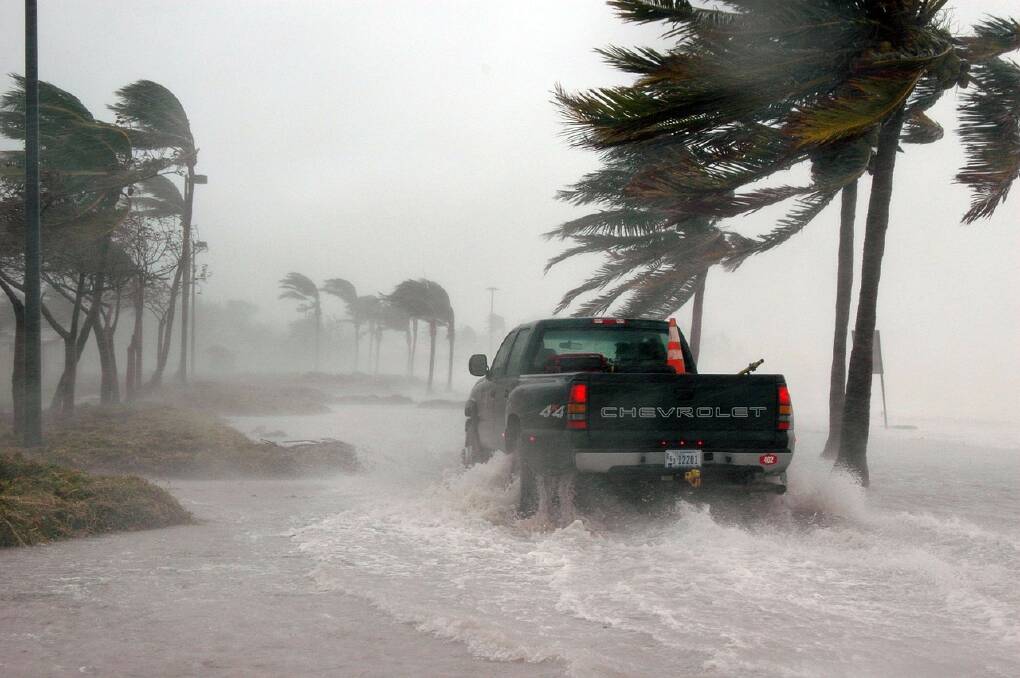
OLDER people are among the worst affected in national disasters, but can also be a valuable resource in times of crisis, HelpAge International's Clare Harris has said as world leaders and policy makers meet at the International Federation on Ageing conference in Brisbane.
Ms Harris, the organisation's senior disaster risk reduction and resilience adviser, said as the world's population aged, an age-sensitive response to disasters and climate change was increasingly vital.
HelpAge has called on all governments to sign Charter 14 for Older People in Disaster Risk Reduction, and make stronger commitments to prioritise older people.
There are 901 million people over 60 worldwide, predicted to reach almost 1.4 million by 2030.
Nearly three quarters of those live in developing countries, where the impact of climate change can be most severe.
The UN Intergovernmental Panel on Climate Change predicts an increase in unprecedented extreme weather in the coming decades, and the World Health Organisation projects that in 2030 about 38,000 older people will die from heat exposure.
IFA speaker Godfred Paul, HelpAge's senior regional program manager, said the convergence of climate change and ageing populations was a significant challenge for the development and disaster sector.
"Reduced mobility can make it harder to flee danger," he said.
"Older people may be socially isolated, which could mean there is no-one around to help or alert them.
"Conditions such as hypertension, heart disease or respiratory illnesses can be exacerbated during disasters, and in their wake access to life-saving medicine as well as day to day medication may be difficult.
"Older people may also have reduced access to income, which can make protection and recovery after a disaster an even greater struggle."
In the Japanese tsunami of 2011, 56 per cent of people who died were aged 65 and over, despite the fact this age group made up only 23 per cent of the population.
"The over-representation of older people in disaster mortality statistics can no longer be seen as acceptable," Mr Paul said.
"This is an issue of rights, governance and discrimination - it highlights a system of failures for older people within society."
However he said older people could also play a valuable role in helping communities understand and respond to climate change.
"They can be a valuable source of information on local hazards, changing environments and mitigation strategies that can supplement scientific data and evidence.
"In Pakistan's Jacobabad district, older people who'd received training by HelpAge mobilised their community into blocking canals and diverting water at the news of incoming floods, resulting in half the water reaching their villages compared with previous floods."
He said HelpAge hoped the International Federation on Ageing could find a way to bring together a coalition of agencies to ensure that the implementation of agreed international frameworks incorporated an inclusive response for older people.

